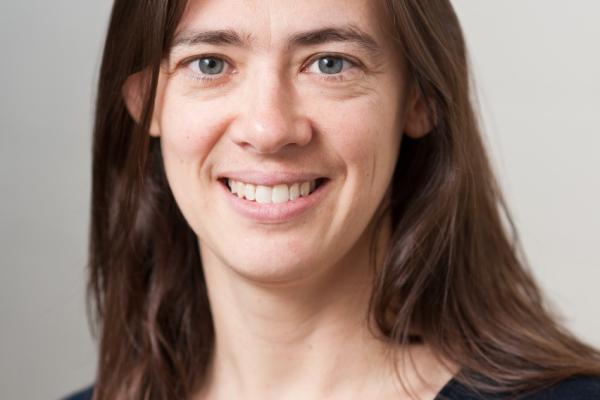
Alison Frontier
University of Rochester
Dr. Alison J. Frontier was born and raised in suburban Detroit, Michigan. She attended Harvard University, where she worked in the laboratory of Professor Yoshito Kishi. In June 1992 she graduated with an AB in chemistry and became a research scientist at Merck Research Laboratories in Rahway, New Jersey, in the Basic Medicinal Chemistry division. She enrolled in the doctoral program at Columbia University in September 1994, conducted graduate work under the direction of Professor Samuel Danishefsky, and received her Ph.D. in June 1999. She was an NIH postdoctoral fellow in the laboratory of Professor Barry Trost at Stanford University from 1999-2001, and began her independent career at the University of Rochester in January 2002. Dr. Frontier was promoted to associate professor in 2008 and professor in 2013. In 2004, she launched "not voodoo" a website dedicated to students who are beginning independent experimentation for organic chemistry research projects. This site attracts hundreds of visitors daily from research laboratories around the world.
Day 1
CBEC 130
4:10 PM
Title: New Cyclization Strategies for Organic Synthesis
Day 2
CBEC 130
9:00 AM to 11:00 AM
Title: Sixteen years of PI “Ffex”- from a two-body problem to a five-body problem
Bioactive polycyclic compounds are derived from both natural sources and from purely synthetic approaches. Non-natural polycyclic small molecules with novel scaffolds are sought after as potential leads in the drug discovery process. The development of new cyclization strategies for rapid assembly of complex building blocks for small molecule synthesis will be described. These strategies have arisen from our work on the stereospecific Nazarov electrocyclization, a multistep cationic process that most commonly affords cyclopentenone products. Depending upon how the Nazarov pentadienyl and cyclic allyl cationic intermediates 1 and 2 are designed, different reaction pathways can be favored and disfavored, enabling the stereocontrolled synthesis of a variety of different cyclopentanoid derivatives. A new method for generating intermediates of type 1 from readily available reactants, obviating the use of the typical divinyl ketone precursor, will also be presented.
Hosted by: Jeremy Lear
